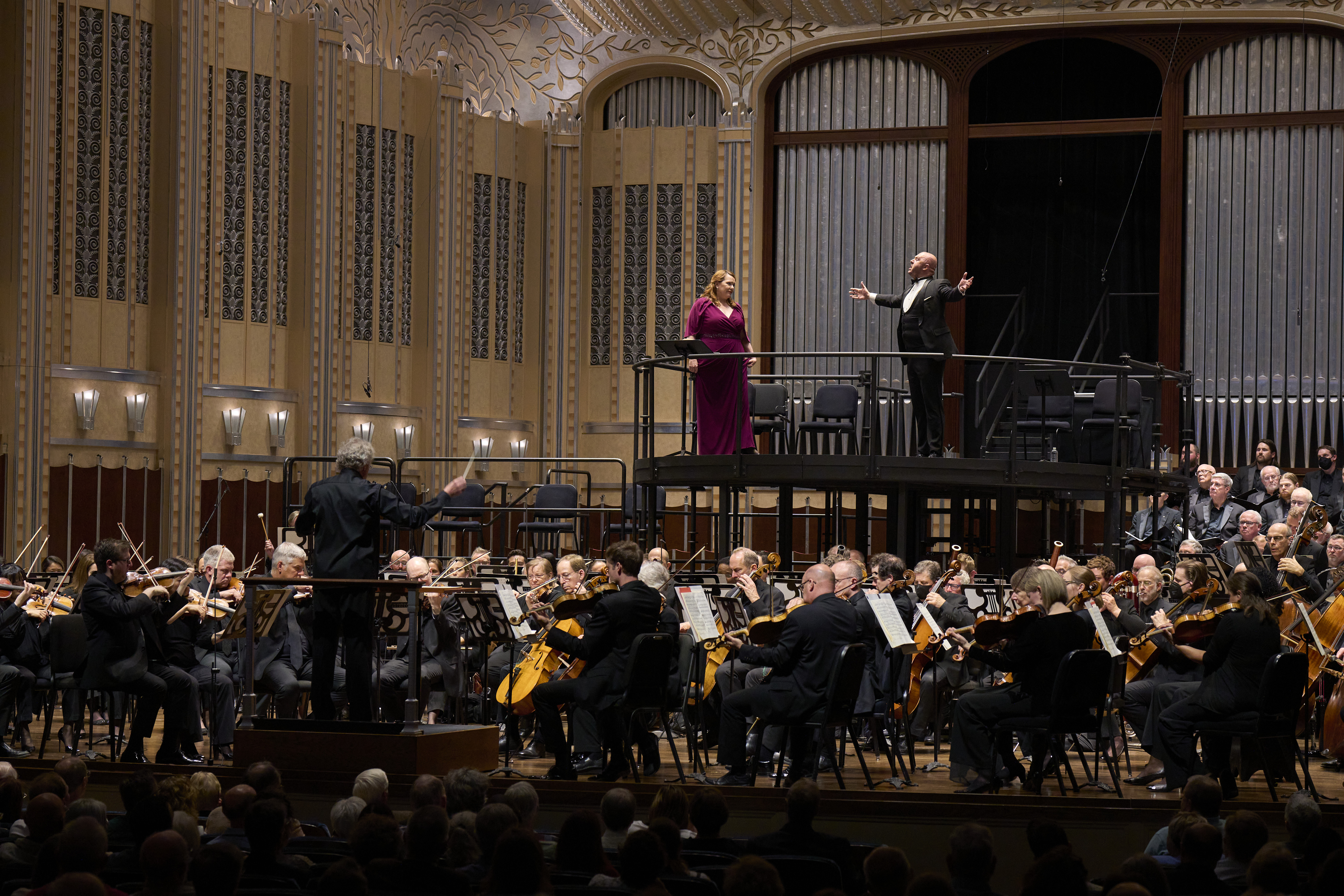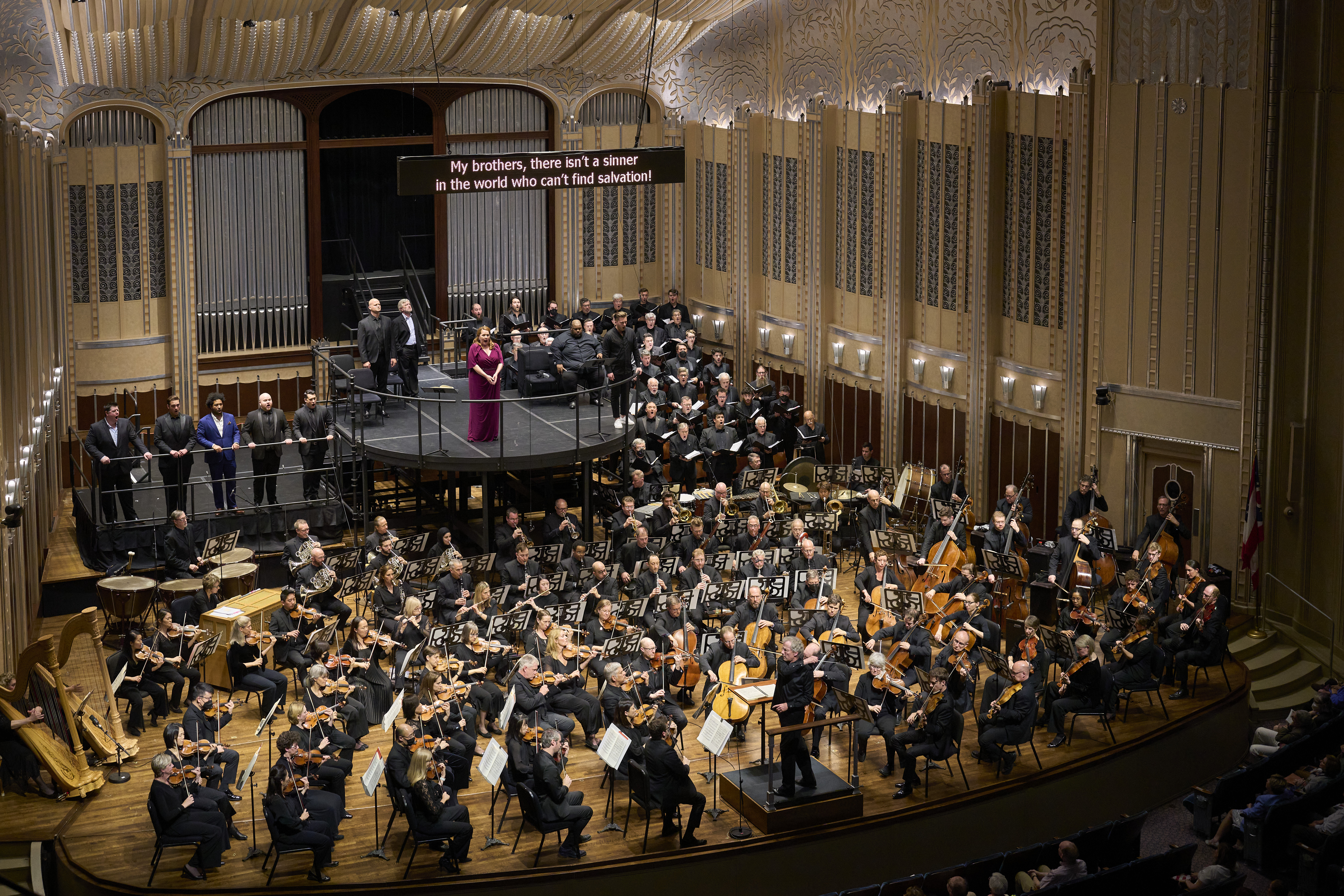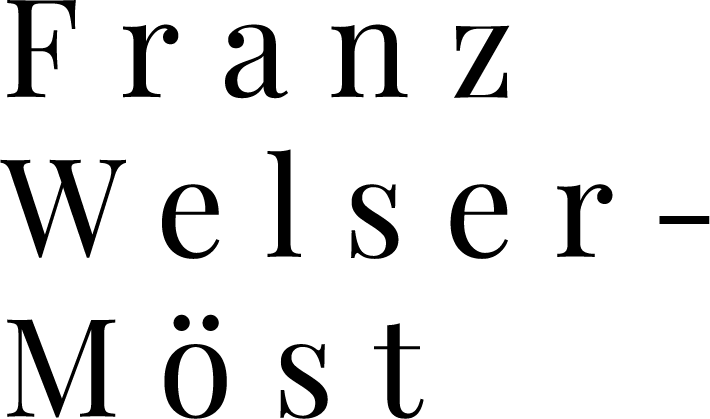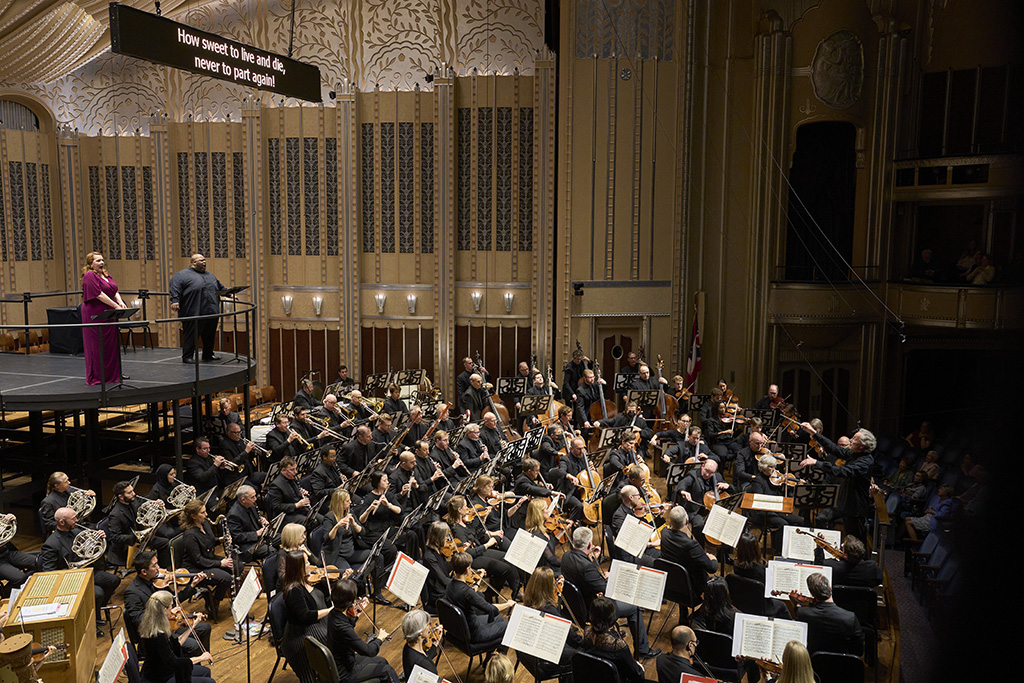JOHNSON E MINNIE
(Minnie e Johnson, abbracciati, si avviano)
Addio, mia dolce terra,
addio, mia California!
Bei monti della Sierra, o nevi, addio!…
(Atto terzo, scena ultima)

Right from the opening of the opera, we hear that Broadway flair, and as the miners and cowboys enter the scene Puccini draws an almost Coplandesque soundscape more than 30 years before Appalachian Spring was written. Sometimes the opera has an almost jazzy inflection, and we know that Puccini referenced traditional and Indigenous music from the United States as he was writing the score. I should note that it is also terribly difficult to conduct because there are so many tempo changes. Most people don’t believe me, but I find the first act of Fanciulla harder to conduct than Berg’s Wozzeck. It’s true!
Set in an isolated camp in California, a state that Puccini never visited, Fanciulla examines the corrosive nature of loneliness and contrasts it with the redemptive qualities of companionship and love. The second act is anchored by a soaring love duet—along the lines of what we expect from Puccini—but this music is so moving and so well-crafted that, in the 1950s, Dimitri Mitropoulos performed the entire second act in Florence without singers to prove just how great an orchestral composer Puccini was. Hearing The Cleveland Orchestra perform this music will be a great delight.

At the same time, Puccini was very aware of the changing culture around him. He attended the Austrian premiere of Richard Strauss’s opera Salome in 1906—which had caused a scandal at its first performances in Dresden—and he saw it again a year later
in Naples while writing Fanciulla. He was familiar with the music of Debussy, saw the second performance ever of Stravinsky’s Rite of Spring, and attended Schoenberg’s Pierrot lunaire. At the beginning of the 20th century, as the world was going in so many different directions, Puccini tried to keep in touch with all of them.
Though he found inspiration in these new soundworlds, Puccini never resorted to pastiche. Instead, he synthesized them within his own style to great dramatic effect. One such example is the introduction of Act Three, which opens in the midst of a manhunt for the tenor Dick Johnson while the opera’s heroine and his love interest, Minnie, agonizes over his fate. Puccini describes how bereft the souls of the main characters are using this stark modern language (Franz Welser-Möst about Giacomo Puccini’s Fanciulla, from: Cleveland Orchestra Festival Book 2023)
GIACOMO PUCCINI, La Fanciulla del West, opera in three acts (in concert), The Cleveland Orchestra’s 2023 Mandel Opera & Humanities Festival, May 2023
Performing Artists
The Cleveland Orchestra
Franz Welser-Möst, conductor
Emily Magee, soprano (Minnie)
Roman Burdenko, baritone (Jack Rance)
Limmie Pulliam, tenor (Dick Johnson)
Tony Stevenson, tenor (Nick)
Scott Conner, bass (Ashby)
Iurii Samoilov, baritone (Sonora)
Owen McCausland, tenor (Trin)
Joseph Lattanzi, baritone (Sid)
Benjamin Taylor, baritone (Bello)
Joseph Tancredi, tenor (Harry)
Alex McKissick, tenor (Joe)
Joseph Barron, bass-baritone (Happy)
Kyle Miller, baritone (Jim Larkens)
Zachary Altman, bass-baritone (Billy Jackrabbit)
Taylor Raven, mezzo-soprano (Wowkle)
John Brancy, baritone (Jake Wallace)
Michael Adams, baritone (Jose Castro)
John-Joseph Haney, tenor (Pony Express Rider)
Men of the Cleveland Orchestra Chorus

